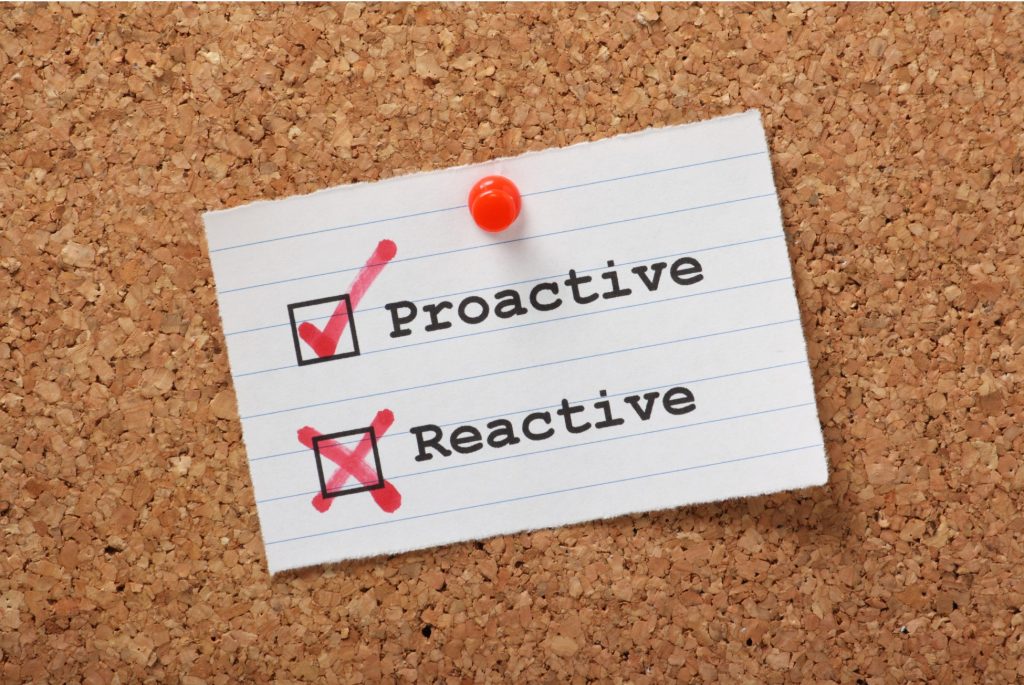- This article provides essential tips to help your business thrive and succeed.
Every business faces challenges, but not all of them push through. In fact, around 70% of small businesses don’t make it past 10 years.
You don’t want to be a part of this gloomy statistic. The good news is, there’s a lot you can do to ensure it doesn’t happen. If you’re looking to secure a prosperous future for your business, here are five of the most effective ways to do it:
Deleverage Your Success
Businesses usually enter the market with one product or service, often niched down to target a specific audience. While this is a good way to start out, it’s not sustainable in the long run. Even if that offer achieves massive success, it shouldn’t be your only revenue driver. Your growth will be too leveraged, and you’ll expose your business to serious risk.
Markets are unpredictable, and you have to evolve with them. In other words, you should diversify your products and services with time to avoid putting all your eggs in one basket. Stay rooted in your core offer, but don’t hesitate to branch out.
Listen to Your Employees
As a business owner, your main job is to think about the big picture of your business. To do this, you need the right input. Your employees, especially those on the front line, can be the best source of the information you need.

The reason for this is simple – they likely have more direct contact with customers than you. And for a business to thrive in the long run, it needs to listen to customers very carefully.
Every once in a while, check in with your employees and pick their brain for valuable customer data. Doing so will encourage innovation and help you retain customers for longer.
Have a Rainy-Day Fund
While you can forecast the future with some accuracy, you can’t predict it. The last thing you want is for a negative event to catch you unprepared. Making sure that you can weather the storm without massive financial disruptions is a crucial aspect of any contingency plan.
The reason for this is that many small businesses struggle with cash flow. Having your finances tied up in illiquid assets can be dangerous in times of drought. At any given point, you should have some cash stored in case of unpleasant surprises.
Be Proactive About Points of Failure
Even the most successful business have weak links. They can be related to systems, people, security, and many other aspects. Proactively dealing with such weaknesses is a much better option than reacting to their consequences.

You should know your business well enough to identify any holes and take the right steps to plug them. This is where conducting an audit of your systems and processes every now and then can be quite useful. As your business grows and you’re not able to oversee everything yourself, make sure to put the right people in charge and check in with them regularly.
Prioritize Flexibility Over Perfection
By default, small businesses have the advantage of being more nimble than large companies. But that won’t stay the case forever. As you grow, your ability to react quickly to the market’s needs might naturally weaken. Chasing perfection with your functions and strategies can make the business even more bogged down.
In many cases, you’ll have to settle for “good enough”at the start and improve as you go. Otherwise, it might take you far too long to take action, and you could fall behind the competition. So choose progress over perfection, and you’ll keep evolving.
Play the Long Game
The saying that a solid plan is half the job done applies perfectly to the fast-paced business environment. Past success doesn’t guarantee a bright future, so make sure not to get stuck in your ways.
Remember to stay flexible, diversify, and listen to the market’s needs. Anticipate threats, jump on opportunities as soon as they arise, and your business can prosper for a long time to come.
About the Author
Pamela Wigglesworth, CSP, is an international communication consultant, high-performance presentation coach, speaker, and CEO of Experiential. She helps clients establish their executive presence, structure a clear, concise message, and deliver their thoughts and ideas with style, confidence, and authority.

